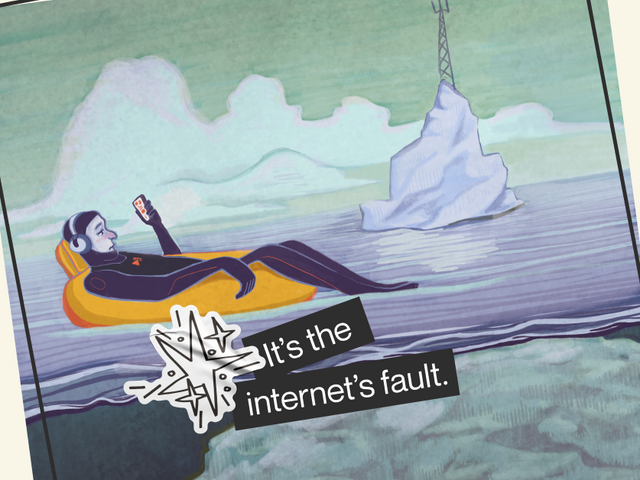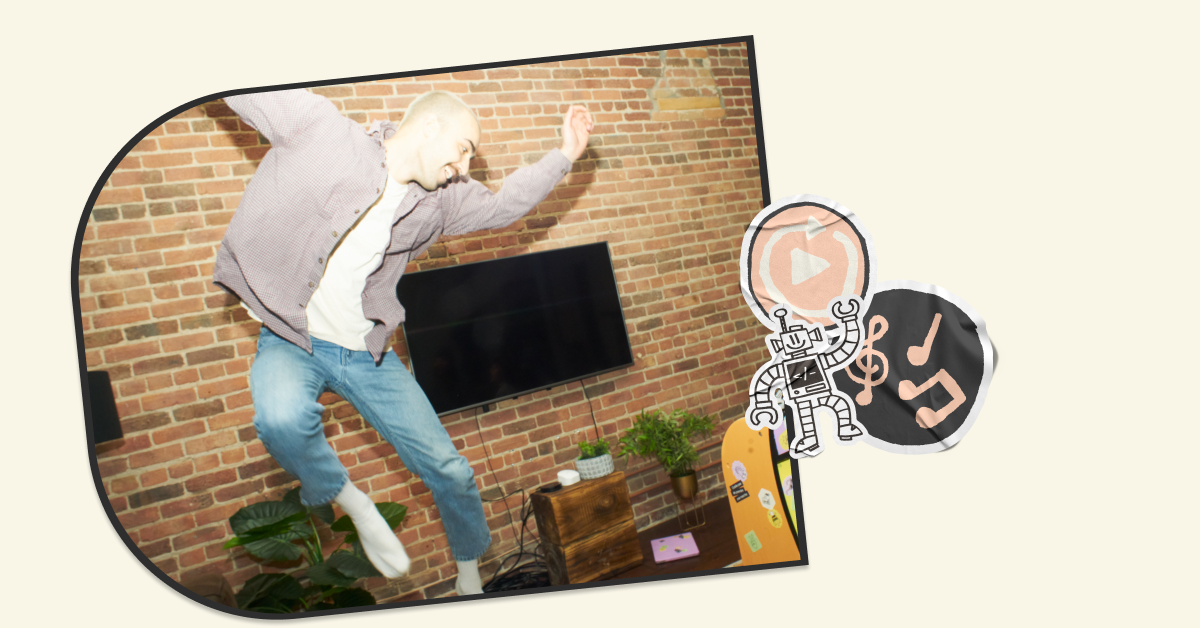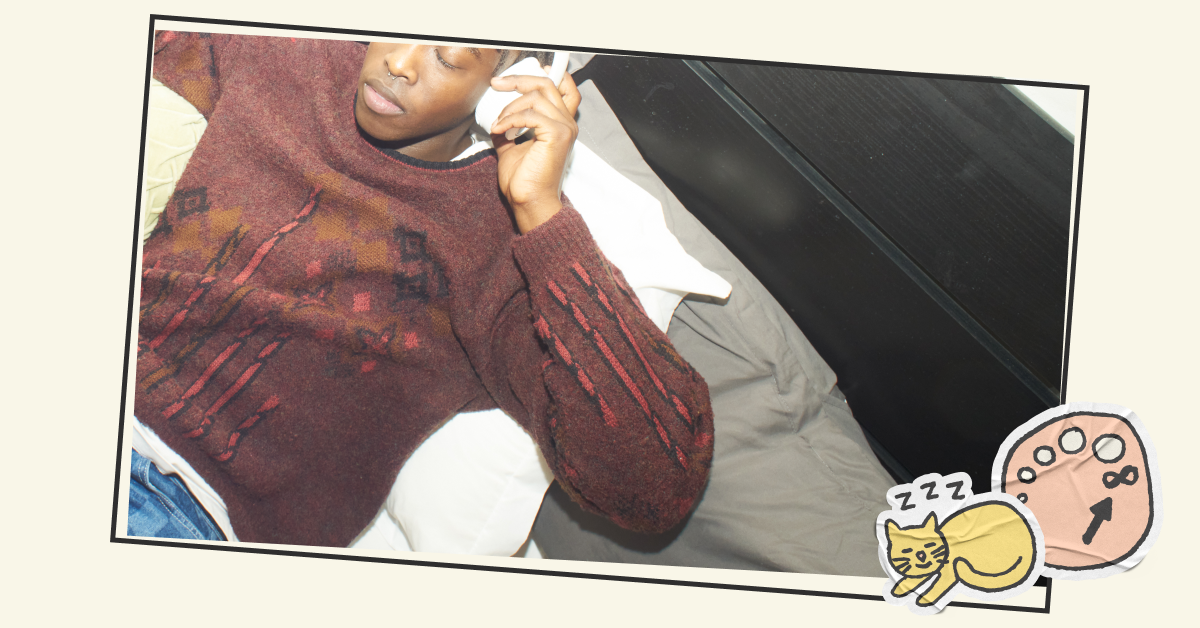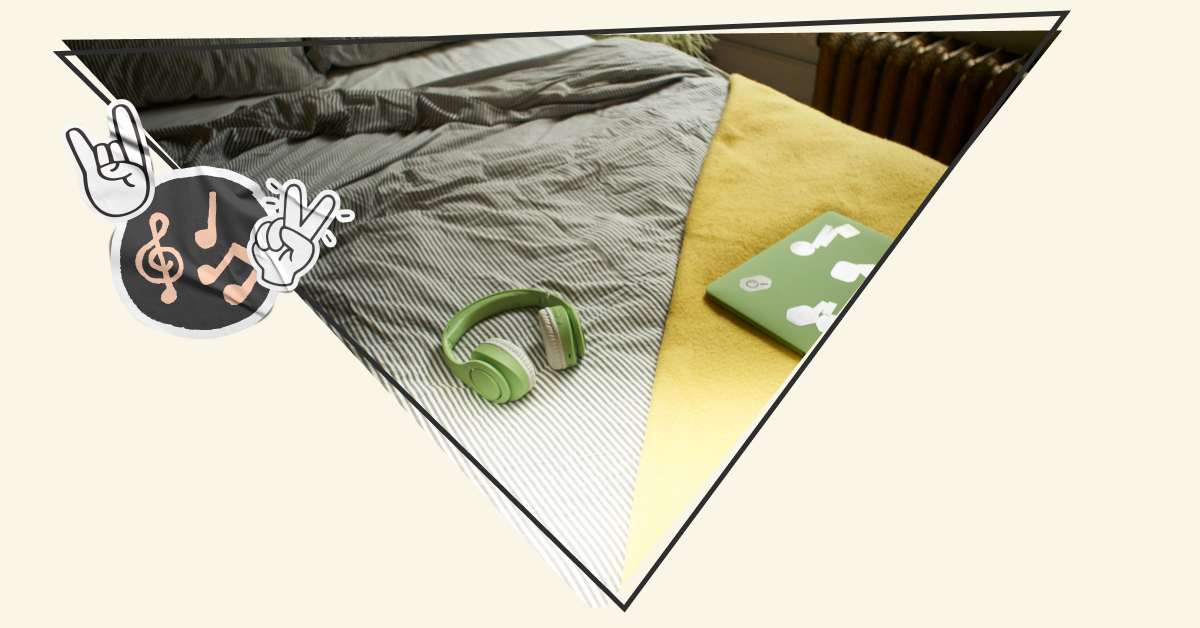
If you’re old enough to remember CDs jammed in your car’s CD-player, being able to plug in your phone and put on any song you want surely makes you feel like technology's going in the right direction.
Of course, streaming services come with a lot of advantages. We have almost every artist in the world available a click away, allowing us to discover music we might never have come across otherwise. And the thought of unlimited albums for a few bucks a month would have been enough to make music lovers salivate just a few years ago. But despite how perfect music streaming services may seem to listeners, musicians might not be feeling the same way.
The stereotype of the struggling artist is taking a brand-new turn. For artists, making money out of selling their music has become basically near impossible. Streaming services turned the few bucks an artist would make out of selling an album into a few cents. So how are artists supposed to make ends meet?
For artists to survive, the music industry has been forced to change in ways that make it almost unrecognizable from what it was just a decade ago.
1. More fans, less money.

The rise of streaming platforms means the end of selling albums at the back of a venue. Sure, uploading your work to streaming platforms will allow your music to reach an international audience it could have never touched otherwise. But if you were hoping to make money from your music, making an album won’t be nearly enough. Spotify, the most popular music streaming service, pays their artists an average of 0.004$ per stream.1 If you’re lucky enough to reach 100,000 streams on Spotify, you’ll have just enough money to make half your rent this month. 1,000 streams equals a medium coffee at Starbucks, or the money you would have made selling your album to your mom.
2. R.I.P, ten-minute-long songs.
When you get paid per stream, a thirty-minute album featuring fifteen two-minute songs will make twice as much money as a thirty-minute album featuring a few four-minute songs. So you better think twice before starting a prog-rock band.
Aside: Progressive rock, or prog rock, is a subgenre of rock music that emphasizes ambitious compositions, experimentation, concept-driven lyrics, and musical virtuosity.2
It may not seem like much more than a few logistical details, but reducing the financial potential of an album to the number of songs restricts the artist's freedom of expression, and therefore affects the quality of their work.
3. Playlists are the new radio star.
Rumours of the death of radio have been floating around since the apparition of TV, and so far, it’s still standing strong despite the odds. Yet, it’s fair to say Spotify has changed the way we consume music. Their curated playlists offer something that radio could never offer: a mixture of songs that perfectly capture your current mood. Studies even show that Spotify listeners prefer consuming their music via playlists, rather than listening directly to an album.3 Which means, if your song gets on an official Spotify playlist, you’re guaranteed a few hundred thousand streams, if not a few million.

And to be completely transparent… Even POP Montreal has an official playlist… (We might be a bit biased, but it is pretty friggin’ good too.)
4. Oscar-worthy music videos.
Those who thought the fall of MTV would mean the end of the music video genre will be happy to see artists taking more and more risks when it comes to music videos. When songs aren’t making any money, artists need to explore other avenues to put food on the table.
For both emerging and established artists, music videos on YouTube allow them to collect a few extra bucks from ad revenues. And without the time restrictions of MTV and the like, the trend of merging music videos and short films is getting more and more popular. Just recently, Taylor Swift made her fanbase go absolutely crazy over her 15-minute short film for her song All Too Well.
5. The passionate love affair of streaming and social media.

Listening to an emerging artist’s music has never been this simple. All it takes is one click for an artist to make a new fan. But we all know the saying: with great power comes great responsibility. Connecting with fans through social media puts a burden on artists like never before, tying success to their success as a social media influencer (which is becoming a job in itself).
It also means more freedom, and even the possibility to skip labels altogether by using social media as your sole advertisement. MusicWatch’s study on the matter is a strong proof: 90% of social media users include music as one of their social media experiences, meaning that most of them share music on their account and/or use it to follow music artists.4
So, what does this all mean?
Nothing in life is black and white, and music streaming platforms are no exception. Fans, industry people, and artists all seem to share different opinions on the effect of streaming platforms on the industry. Whether those changes are good or bad, there is one thing we know for certain: the music industry will never be the same as it was a decade ago, and, as technology advances, it will keep on changing.
6. BONUS! The return of live shows and the … discman.
With the prevalence of streaming in the music industry, live shows are more important than ever. If you’re looking for ways to support your favourite emerging artists, come to their live shows and get some merch! Or if you’re missing the physical era of music, you’ll be glad to know that diskmans are making a comeback as a cool, Y2K fashion accessory. With Adele, Taylor Swift, and Carly Rae Jepsen all releasing albums at the same time, now is the perfect time to start your CD collection!
A very loud thank you to POP Montreal for their willingness to write this for us! Oh, and of course to Louis Lussier-Piette who actually wrote it. Y'all are amazing and we can't wait for this summer's shows!!!







